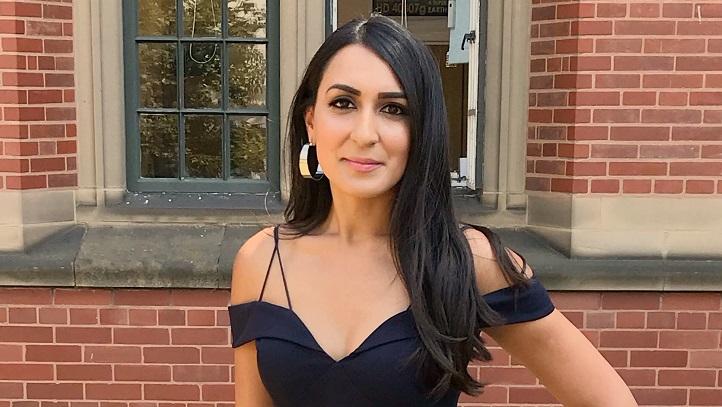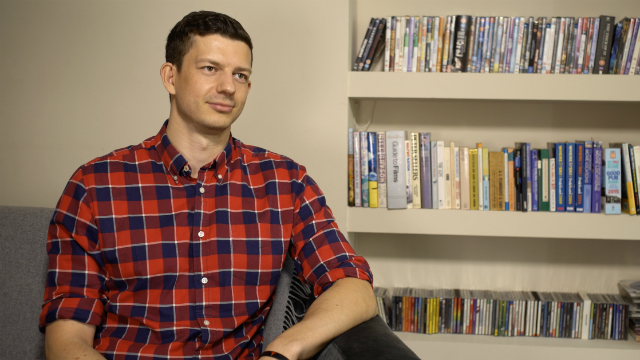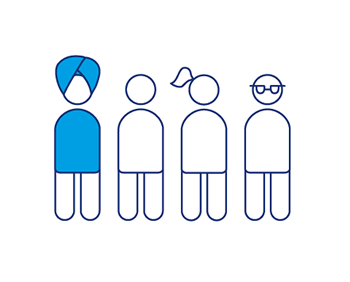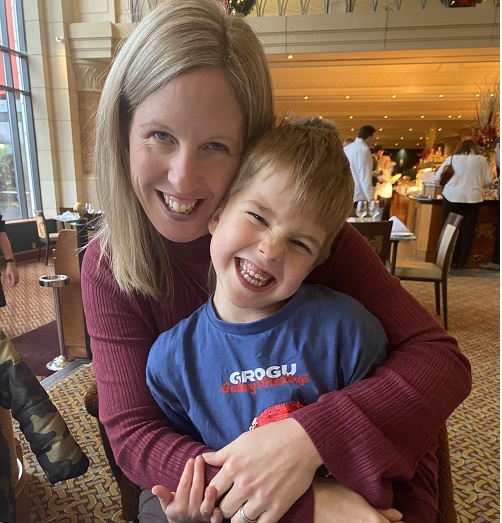
Aruna Bhalla
Diagnosed in 2014.
We need to make it really clear that it is perfectly normal to need emotional support.
A year after being diagnosed with type 1 diabetes, Aruna suffered a diabetes burnout and lost her motivation to manage her condition. Receiving emotional support from her family, GP and diabetic nurse marked a positive turning point for her.





